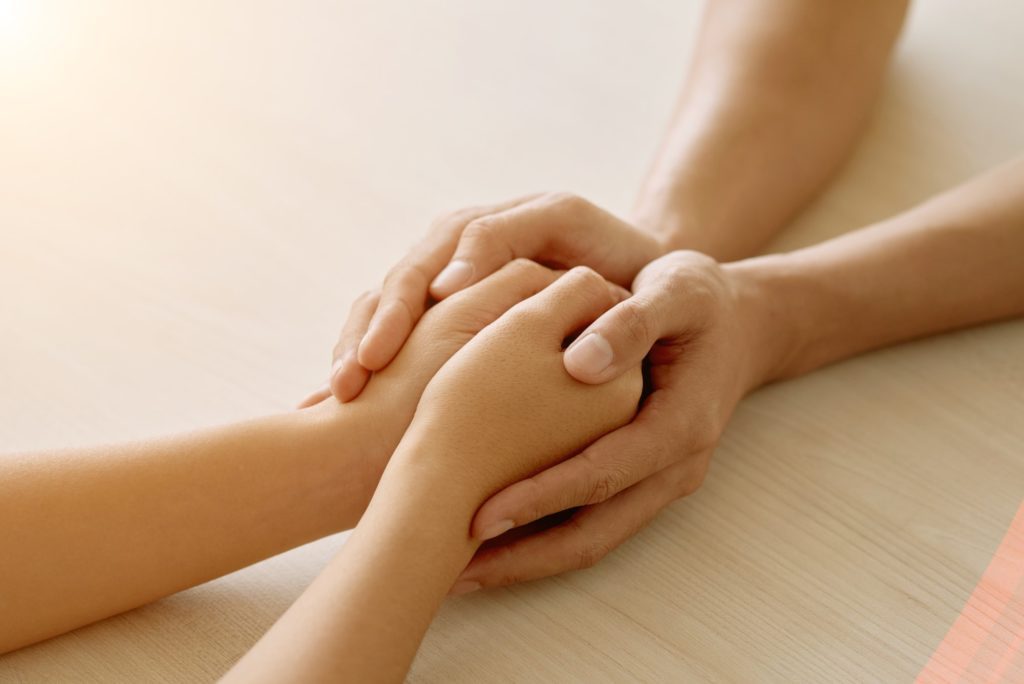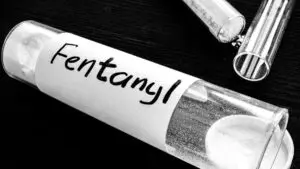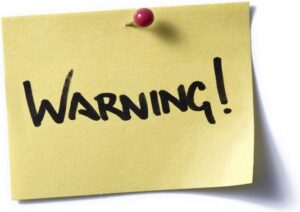Recovering from addiction is not an easy journey. When you have a loved one who is working hard reclaim control of their lives, it’s important to learn how to be part of their support network. If you don’t have personal experience with addiction, understanding the challenges of substance abuse disorders can be difficult. While you may not understand what addiction is like from the inside, learning to be a positive influence is your loved one’s recovery journey can help.
Learn What Enabling Behaviors to Avoid
For many people who don’t have experience with addiction, watching a loved one struggle is difficult. We want to help, but too often attempts to do so only compound the problem. Bailing loved ones out of trouble, making excuses for their behavior, or covering up drug or alcohol abuse only enable addiction to continue reeking havoc on their lives. This creates strained relationships and can lead to more serious legal and personal consequences. Sometimes the best thing you can do for your loved one is tell them no.
Encourage Professional Help
If you discover that a loved one is struggling with drug or alcohol addiction, encourage them to seek professional help. Addiction is a complex disorder that affects the mind and body. As such, recovery requires the specialized care and support of clinicians and behavioral health professionals with the knowledge and experience to help one overcome substance abuse. Comprehensive, personalized addiction treatment programs focus on the individual needs and challenges faced by people in recovery, helping them to build a solid foundation for a healthier, brighter future. Many people in recovery build their support network through the friendships forged during treatment, helping to support and encourage each other to remain dedicated to sobriety.
Understand What You Can About Addiction
Stigmas and misconceptions surrounding substance abuse disorders are incredibly harmful to people living with addiction as well as our families and communities. Challenging these harmful stereotypes can help bridge the gap between people in need and life-changing treatment.



